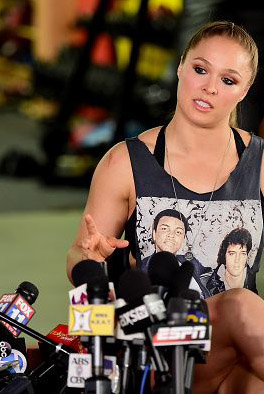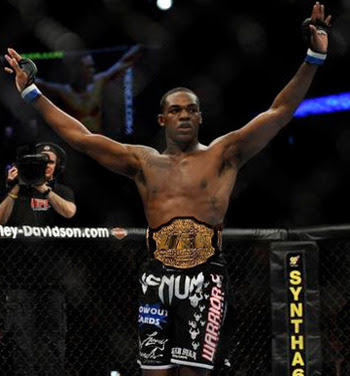By now, we should all be aware of what happened before, during and after the UFC 229 main event. Now, the UFC is dealing with a situation in which their lightweight champion, Khabib Nurmagomedov, is using his position as champion to push back against potential punishment. To be clear, we are talking about actions that should be punished. But to many, the fact that the UFC did not take any steps to punish Conor McGregor for his long list of missteps is what Nurmagomedov is leaning on to argue that he and his colleagues shouldn’t be punished either. With this position, Nurmagomedov highlights something that we all know: McGregor receives preferential treatment for his ability to draw massive amounts of viewership and revenue for the promotion.
Shortly after UFC 229, former UFC Women’s Bantamweight Champion Ronda Rousey was asked for her opinion on the matter by TMZ, and her strong words elicited some controversy. Rousey is one of the biggest stars to ever rise through the ranks of mixed martial arts. At her height in the sport she commanded a level of respect in mainstream circles that has yet to be duplicated, even by McGregor. That level of prominence causes her words and actions to bring a higher level of review and scrutiny.
Many fans and media members have chosen to look at her comments and dig into the potential hypocrisy within in them; however, very few are diving into the conversation about whether she is right. That’s the discussion that should be brought to the forefront and further fleshed out.
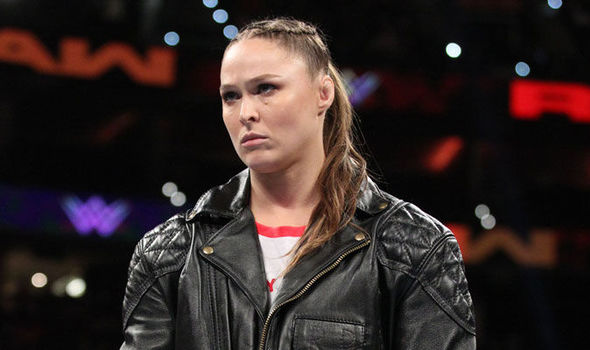
“I think that there’s too much preferential treatment given to high profile fighters. I think there needs to be equal discipline across the board, no matter who you are. I feel like there must be equal treatment all the way across the board. I don’t think that anyone should get special treatment because they’re a bigger draw.”
This was the main thrust of Rousey’s statements — she was calling for fighters to be treated the same, regardless of their placement on the card and their ability to draw for the company.
On the surface, this statement seems understandable and plausible. If a fighter commits a transgression and is punished, that should set the precedent for how punishment should fall upon all of those that commit the same act in the future. Unfortunately, there isn’t any arena where this idea of fair treatment is truly applied. Whether it’s the workplace, the criminal justice system, or the educational system, there’s a laundry list of examples that can be presented which show that even though the same acts may be committed (be they negative or positive), the outcomes are never the same across the board.
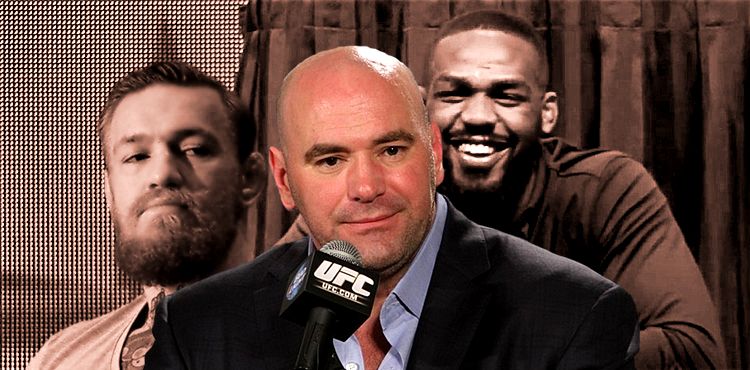
So let’s turn to the UFC and the mixed martial arts arena. The reason that the idea of uniform treatment cannot work is that these fighters are independent contractors — different contracts, different rules. If they were employees, the UFC could more easily make a uniform policy and swiftly punish them in line with that policy. However, defining UFC fighters as “employees” opens the door to a variety of rights for the men and women on the UFC’s roster, rights that would limit the UFC’s power over them. In today’s professional sports climate, where athletes are more inclined to demand their worth and fight for their rights than ever before, the UFC is looking to do all that it can to stem that tide and limit its athletes’ power. If that means looking the other way when dealing with the transgressions of individual fighters like McGregor, Jon Jones, and others, they will, in order to retain their immense powers over the collective.
Thus, McGregor can leap into a cage at a Bellator MMA event, attack a referee, and escape punishment. Jones’s lenient punishment for yet another failed drug wasn’t as harsh as what other fighters have received for less. Rousey was able to demand a blackout of media involvement leading to her UFC 207 fight against Amanda Nunes. All of these are examples of preferential treatment for fighters with star power that would not come to those who would be considered lesser draws.
And that last example puts Rousey in an interesting spot, credibility-wise. Remember when McGregor was pulled from UFC 200 for refusing to fulfill his media obligations? Even he didn’t have the ability to choose not to do media like Rousey did. So if she didn’t complain about the preferential treatment that came with her position at that time, how can she advocate for others to forego their opportunities to use what limited leverage they have to receive concessions from the promotion?
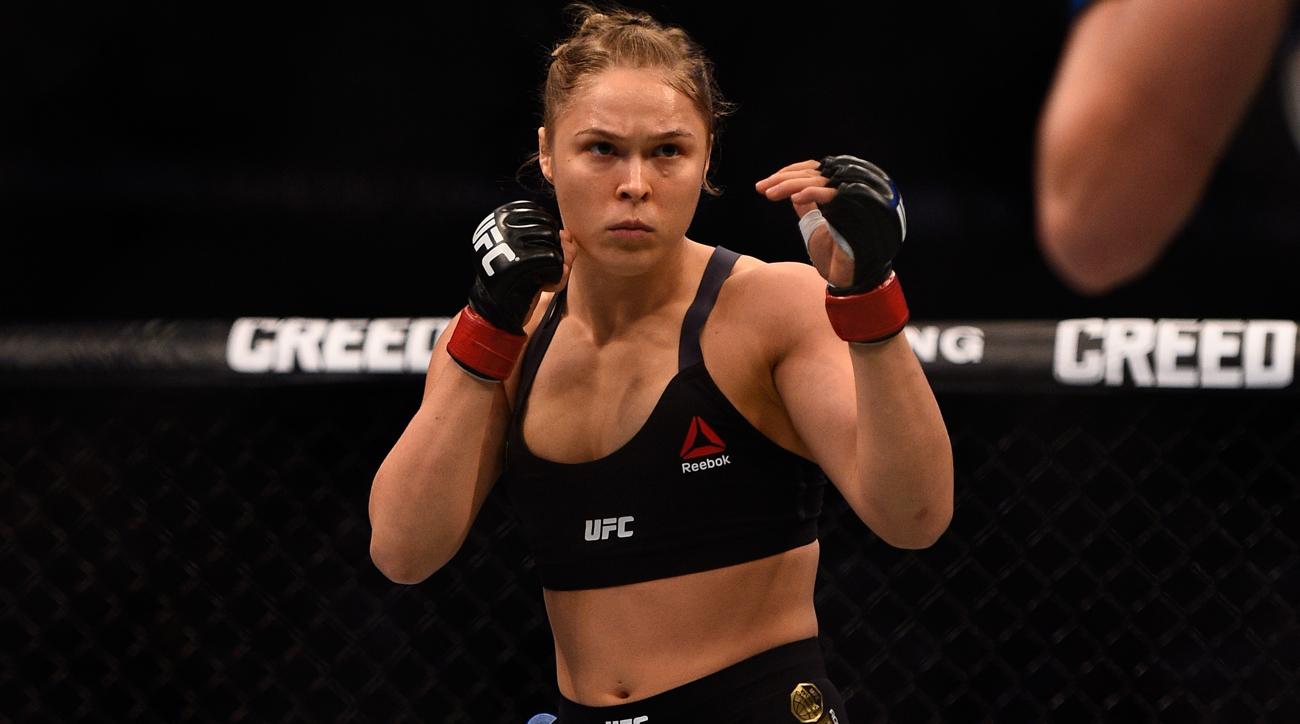 There’s a lot to unpack in this conversation around fighter treatment. On one hand, you have individual fighters that are finally starting to use their fleeting power as champions or main event draws to get as much they can from the UFC. On the other, there’s the UFC that is attempting to keep its considerable power over the fighters who step into the Octagon. These two competing goals will never create a landscape for uniform rules across the board. Yes, you’re thinking that a union would help this situation, but that’s a major struggle in its own right, one that has failed time and time again up to this point. And uniform disciplinary procedures is an unlikely principle for fighters to rally around.
There’s a lot to unpack in this conversation around fighter treatment. On one hand, you have individual fighters that are finally starting to use their fleeting power as champions or main event draws to get as much they can from the UFC. On the other, there’s the UFC that is attempting to keep its considerable power over the fighters who step into the Octagon. These two competing goals will never create a landscape for uniform rules across the board. Yes, you’re thinking that a union would help this situation, but that’s a major struggle in its own right, one that has failed time and time again up to this point. And uniform disciplinary procedures is an unlikely principle for fighters to rally around.
Mixed martial arts is a sport in which men and women step into the cage to compete on an individual basis. They each have their own reasons for competing, but one thing they clearly have in common is that each one is trying to obtain the greatest prize he or she can at any point in their career. And when they obtain those prizes, they often seek the kind of preferential treatment that Rousey thinks should end, even though she sought and received the same treatment at various points in her career. This perceived inconsistency not only undermines her credibility, but it highlights the difficulties and pitfalls of attempting to implement a “uniform treatment for all” regime when every fighter is more than happy to be the exception.

